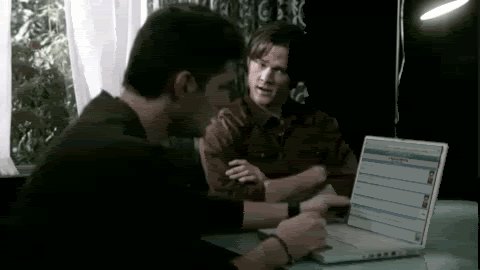- Joined
- Aug 15, 2004
- Messages
- 4,576
- Reaction score
- 339
http://www.msnbc.msn.com/id/36472308/ns/health-health_care
This has been discussed heavily over in the medical forums.
Yep just like a Doctor except for the pay AND knowing what the hell you are doing.
Wow 85% of what a Doctor gets reimbursed and for nurse midwifes 100%. So what the hell is the point if they are going to get paid the same or nearly the same as a Doctor?
This says it all. Instead of placing more under qualified people out there how about make it more attractive to become a primary care physician? No disrespect to nurses they have thier role. If they want to diagnose and prescribe then they should go to med school.
This has been discussed heavily over in the medical forums.
Nurse practitioners argue there's no danger. They say they're highly trained and as skilled as doctors at diagnosing illness during office visits. They know when to refer the sickest patients to doctor specialists. Plus, they spend more time with patients and charge less.
"We're constantly having to prove ourselves," said Chicago nurse practitioner Amanda Cockrell, 32, who tells patients she's just like a doctor "except for the pay."
Yep just like a Doctor except for the pay AND knowing what the hell you are doing.
Medicare, which sets the pace for payments by private insurance, pays nurse practitioners 85 percent of what it pays doctors. An office visit for a Medicare patient in Chicago, for example, pays a doctor about $70 and a nurse practitioner about $60.
The health care overhaul law gave nurse midwives, a type of advanced practice nurse, a Medicare raise to 100 percent of what obstetrician-gynecologists make — and that may be just the beginning.
Wow 85% of what a Doctor gets reimbursed and for nurse midwifes 100%. So what the hell is the point if they are going to get paid the same or nearly the same as a Doctor?
"A shortage of one type of professional is not a reason to change the standards of medical care," said AMA president-elect Dr. Cecil Wilson. "We need to train more physicians."
This says it all. Instead of placing more under qualified people out there how about make it more attractive to become a primary care physician? No disrespect to nurses they have thier role. If they want to diagnose and prescribe then they should go to med school.
Last edited:

